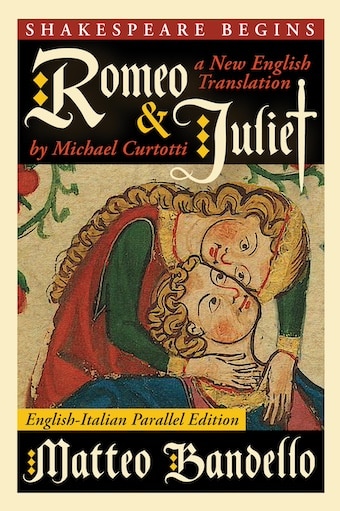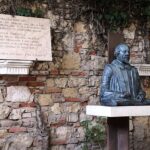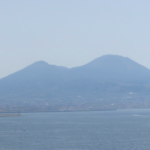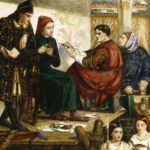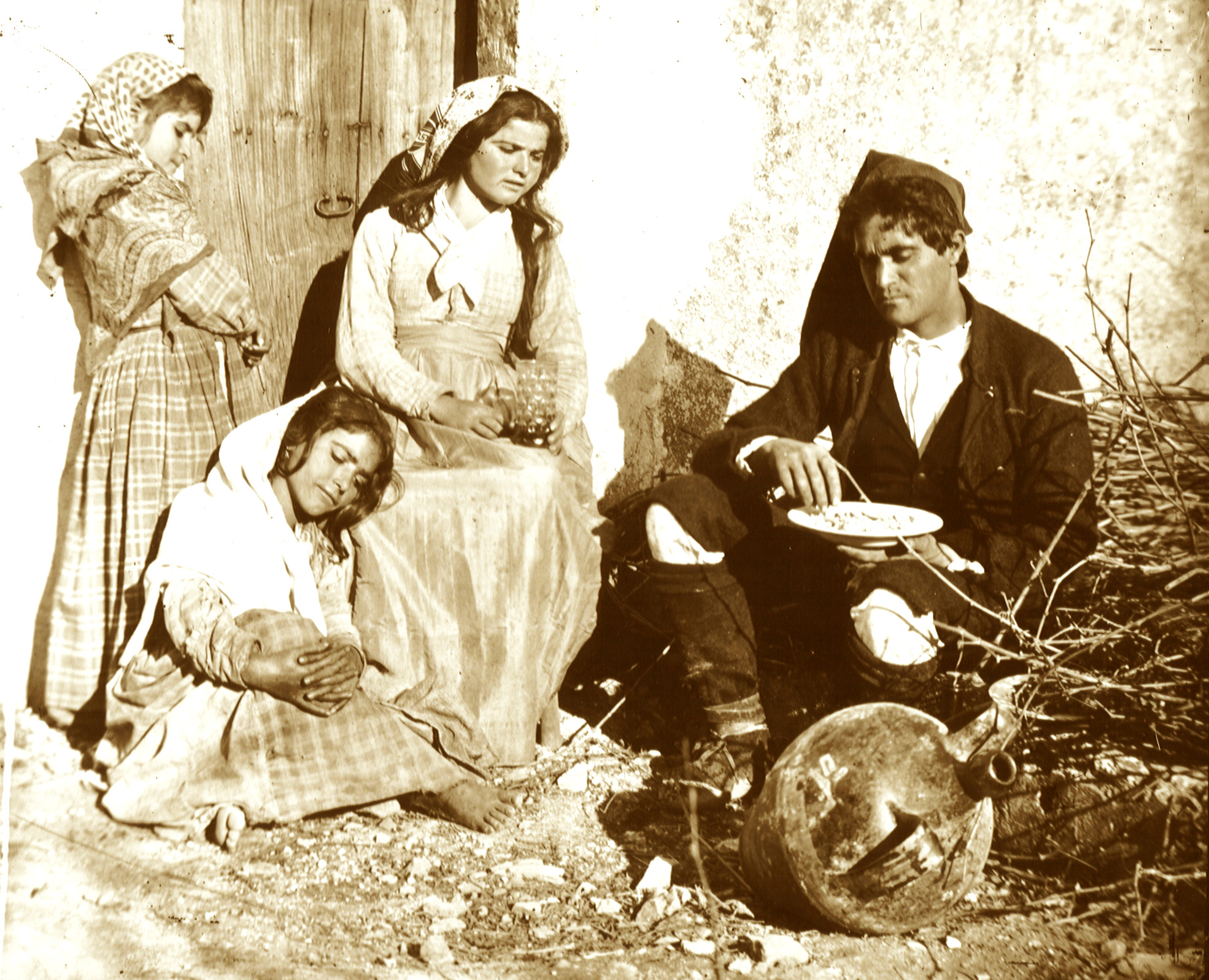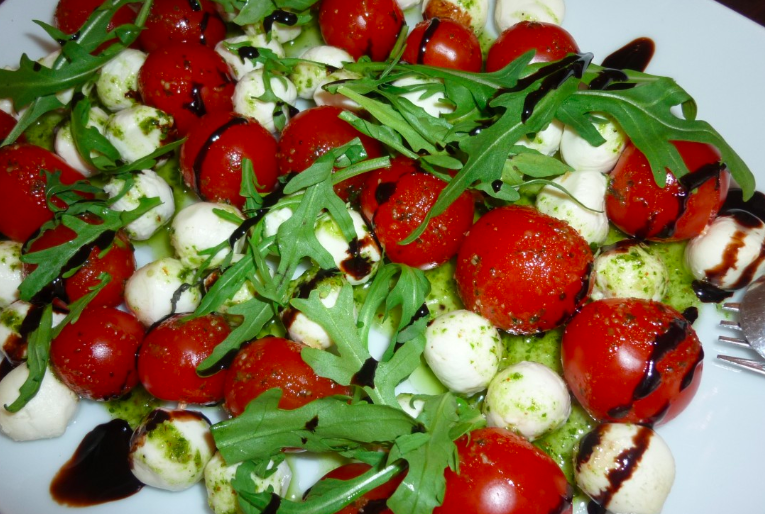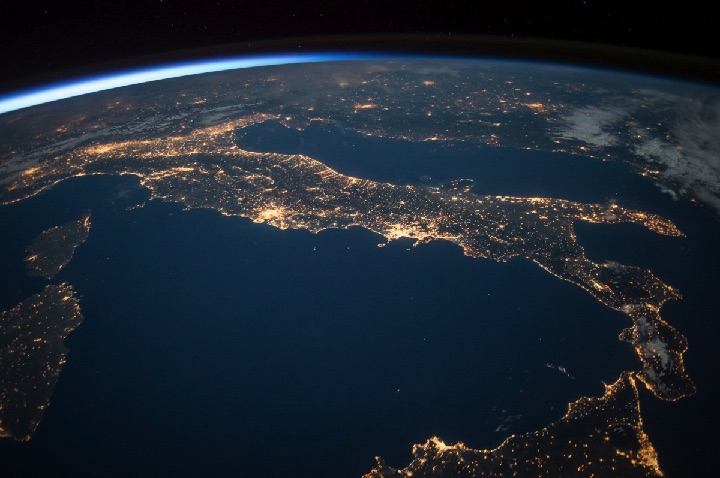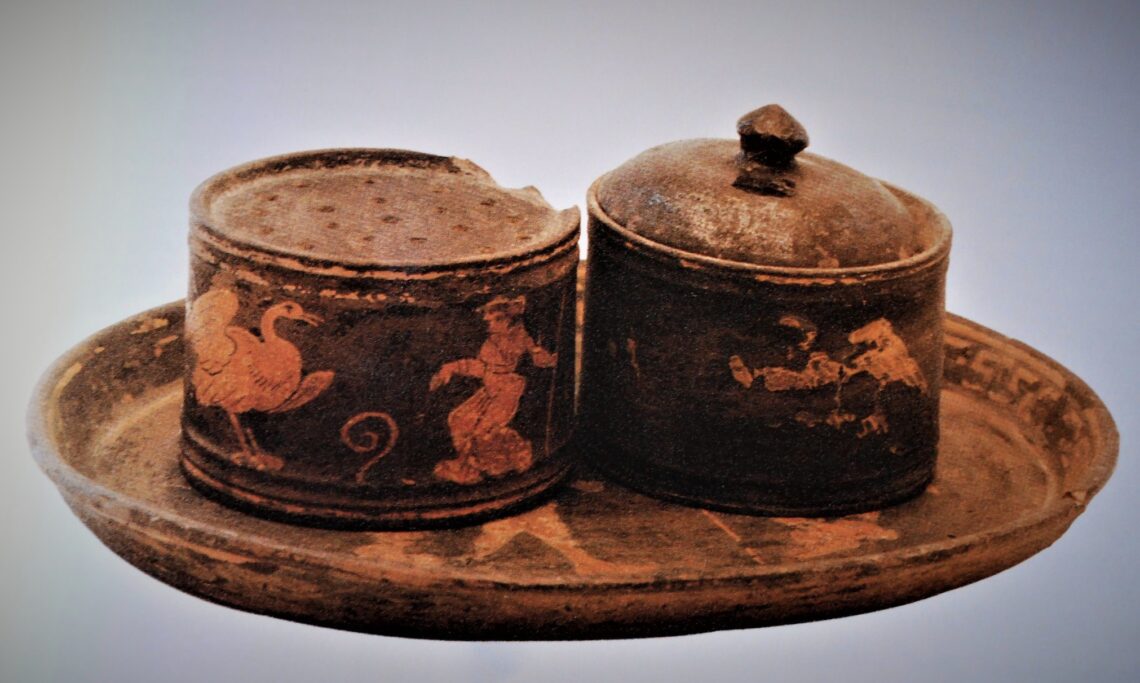
Giacomo Leopardi’s Alla Luna – To the Moon
O graziosa luna, io mi rammento
O friend, o gracious moon, once more returns to mind
Che, or volge l’anno, sovra questo colle
Io venia pien d’angoscia a rimirarti:
E tu pendevi allor su quella selva
Siccome or fai, che tutta la rischiari.
The turning of the year, when over this wooded knoll,
I came, full of pain, admiring thee:
And there you hung over that wood
And then, as now, everything bathed in light.
Ma nebuloso e tremulo dal pianto
Che mi sorgea sul ciglio, alle mie luci
Il tuo volto apparia, che travagliosa
Era mia vita: ed è, né cangia stile,
O mia diletta luna.
Yet clouded and tremulous from the tears
That swelled within my eyes; so to my sight
Your face appeared; for troubled
Was my life: and still is, and does not change,
O dearest moon.
E pur mi giova
La ricordanza, e il noverar l’etate
Del mio dolore.
And yet it comforts me:
Remembrance, and the counting
Of my pain.
Oh come grato occorre
Nel tempo giovanil, quando ancor lungo
La speme e breve ha la memoria il corso,
Il rimembrar delle passate cose,
Ancor che triste, e che l’affanno duri!
O how grateful is the heart
In youthful age, when still bright
Hope extends ahead, and brief is memory’s course,
Of things past,
Though they be mournful, and of dread!
Translated by Michael Curtotti
Notes
Giacomo Leopardi lived from 1798 to 1837. He appears to have suffered serious health problems during his life and ultimately died during a worldwide cholera pandemic that reached Italy in 1837. Although born to an aristocratic family, he became estranged from his family, fleeing to a literary life which saw him living in various parts of Italy. He was a proponent of Italian unification. He is known for his poetry and other works. He is sometimes described as a romantic poet and in later life his poetry tended to fatalism about the human condition. Alla Luna (To the Moon) was written around 1819.
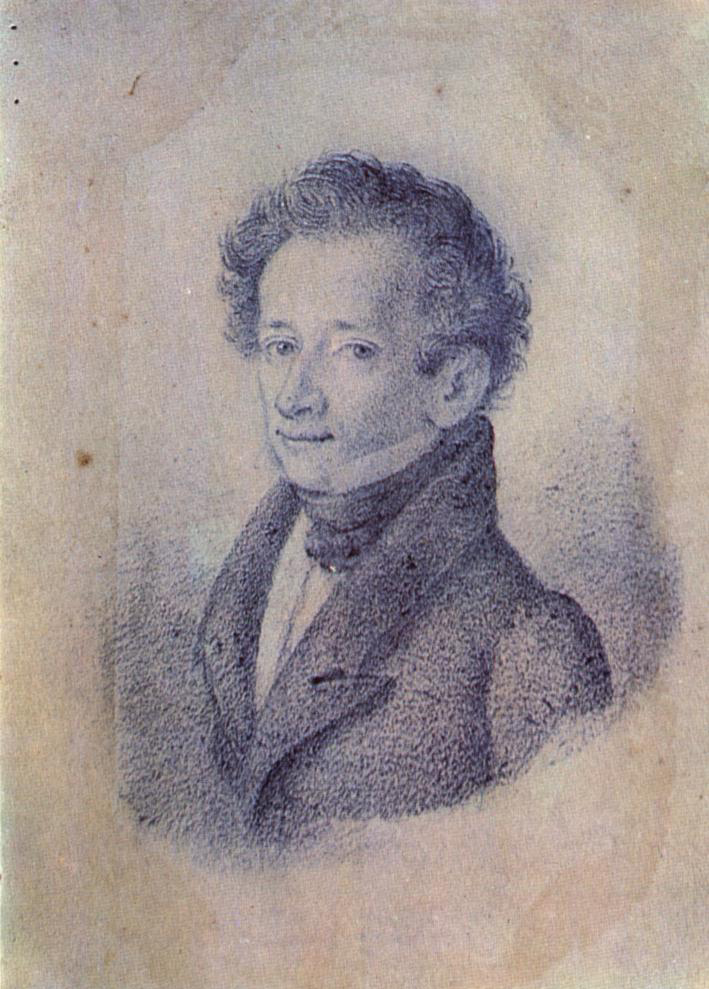
Images
Giacomo Leopardi’s Ink Pot (public domain image). Flickr. https://www.flickr.com/photos/70125105@N06/34261112620
Portrait of Giacomo Leopardi, 1826 Luigi Lolla


